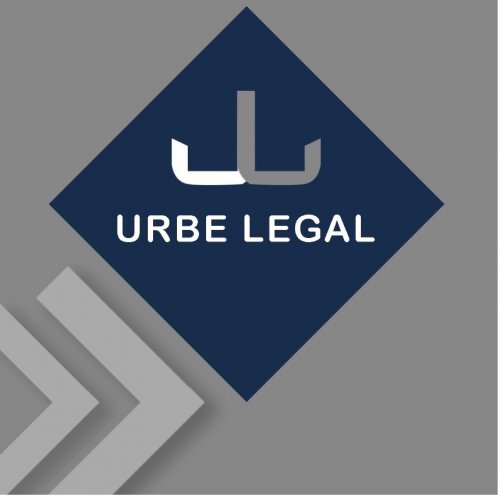Best Contract Lawyers in Guatemala City
Share your needs with us, get contacted by law firms.
Free. Takes 2 min.
List of the best lawyers in Guatemala City, Guatemala
About Contract Law in Guatemala City, Guatemala
In Guatemala City, as in the rest of the country, contract law is the branch of civil law that regulates the voluntary agreement between two or more parties to create or modify legal relationships between them. Contract laws encompass all stages of a contract: formation, interpretation, performance, breach, and remedies. These laws help ensure that all parties in an agreement fulfill their obligations as stipulated in the contract.
Why You May Need a Lawyer
There are several situations where the assistance of a skilled contract lawyer becomes essential. For instance, if you want to create a contract ensuring all legal elements are in place, a lawyer can guide you through the process. If you are presented with a contract to sign, your lawyer can examine the contract to ensure you fully understand it before signing. Contracts often have a significant legal language that can be confusing to a non-lawyer. Besides, when there are disputes related to a contract, a lawyer can help you navigate the complex litigation processes.
Local Laws Overview
Guatemalan contract law is based on the Civil Code. It recognizes verbal and written agreements as valid contracts, as long as they fulfill certain elements: agreement, cause, subject, and legality. The parties should be capable of forming an understanding, and there must be mutual consent. It also emphasizes the importance of fair consideration or exchange. Laws stipulate that a contract derived from fraudulent, oppressive, or illegal tactics can be nullified. The law also lays substantial emphasis on contract enforcement, breach, and the accompanying penalties.
Frequently Asked Questions
1. Can I make a verbal contract in Guatemala?
Yes, verbal contracts are valid in Guatemala, but they can be difficult to enforce in a court of law because there is no physical evidence of the agreement. For important subjects, it is recommended to make a written contract.
2. What happens if a contract is broken?
If a contract is broken, or breached, by one or both parties, the other party has the right to sue for damages. Remedies may include compensatory damages, specific performance, or rescission of the contract.
3. Can I break a contract if I'm dissatisfied with the service?
Generally, a contract can't be broken without a valid legal reason. If you're unhappy with a service, it's best to consult a contract lawyer to explore your options based on the specific wording of your contract.
4. What is "specific performance" in a contract?
"Specific Performance" is a judicial remedy where the court orders the party who breached the contract to fulfill their contractual obligations as originally agreed.
5. Can anyone sue for a breach of contract?
Only a party to a contract or someone directly affected by the contract can sue for a breach. A third party not directly involved in or affected by the contract generally cannot file a lawsuit.
Additional Resources
For more information, consult the Guatemalan Civil Code or contact the National Bar Association of Guatemala. It is also beneficial to consult existing contract law literature and texts for a broader understanding.
Next Steps
If you need legal assistance relating to contract law in Guatemala City, it is recommended to consult with a local contract lawyer or law firm to guide you through your legal issues. They can explain the local laws, review your contracts, represent you in disputes, and provide valuable advice. Remember: legal consultations can make the difference in understanding your rights and obligations and successfully navigating the legal system.
Lawzana helps you find the best lawyers and law firms in Guatemala City through a curated and pre-screened list of qualified legal professionals. Our platform offers rankings and detailed profiles of attorneys and law firms, allowing you to compare based on practice areas, including Contract, experience, and client feedback.
Each profile includes a description of the firm's areas of practice, client reviews, team members and partners, year of establishment, spoken languages, office locations, contact information, social media presence, and any published articles or resources. Most firms on our platform speak English and are experienced in both local and international legal matters.
Get a quote from top-rated law firms in Guatemala City, Guatemala — quickly, securely, and without unnecessary hassle.
Disclaimer:
The information provided on this page is for general informational purposes only and does not constitute legal advice. While we strive to ensure the accuracy and relevance of the content, legal information may change over time, and interpretations of the law can vary. You should always consult with a qualified legal professional for advice specific to your situation.
We disclaim all liability for actions taken or not taken based on the content of this page. If you believe any information is incorrect or outdated, please contact us, and we will review and update it where appropriate.

















